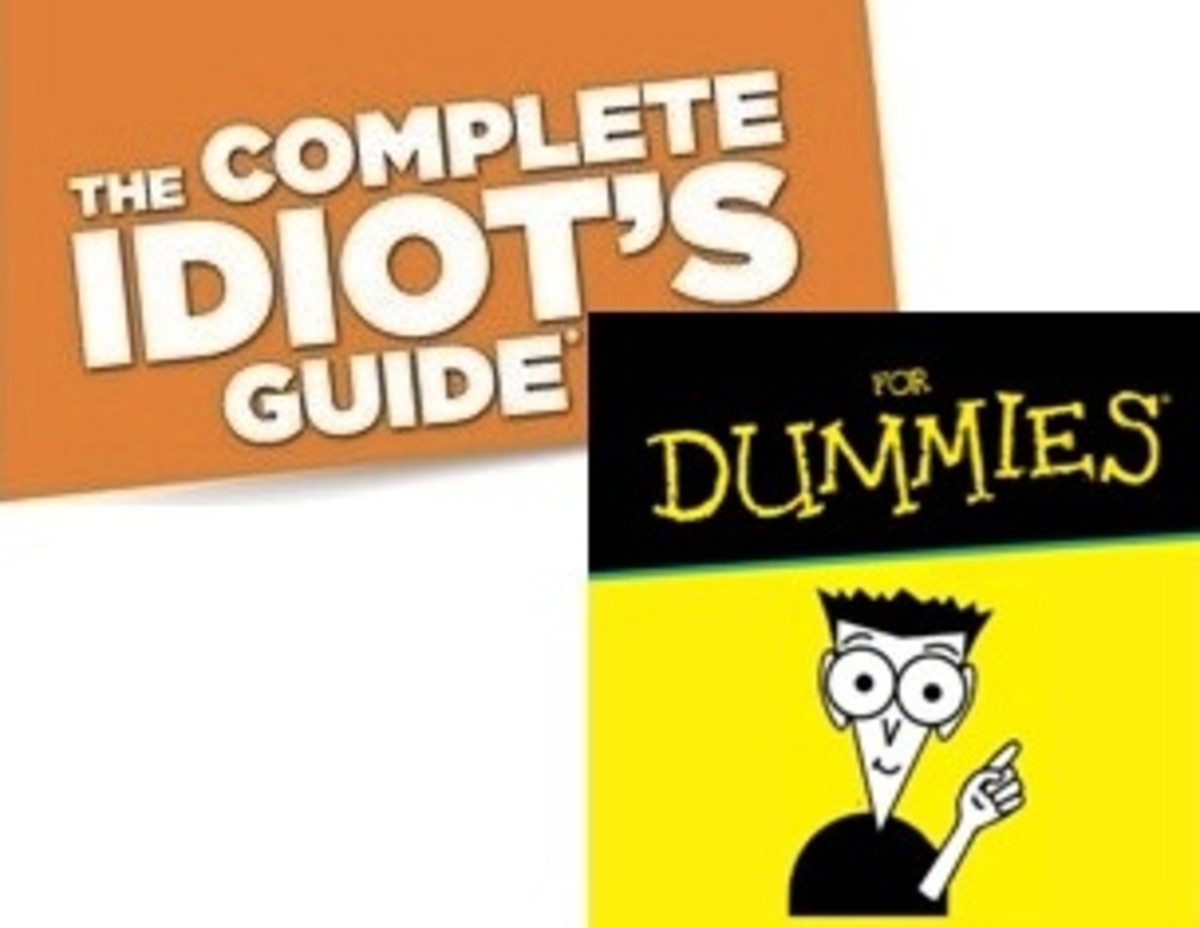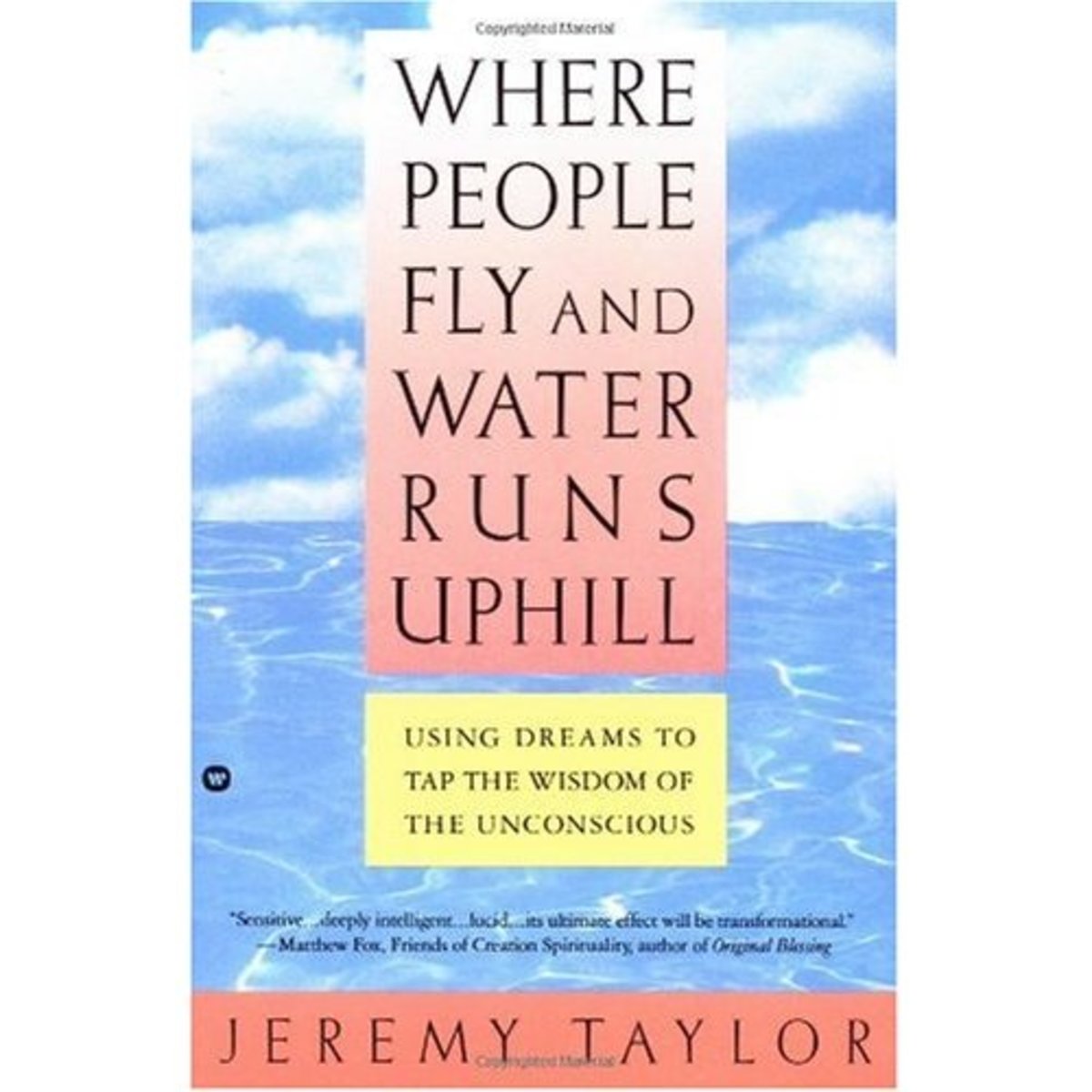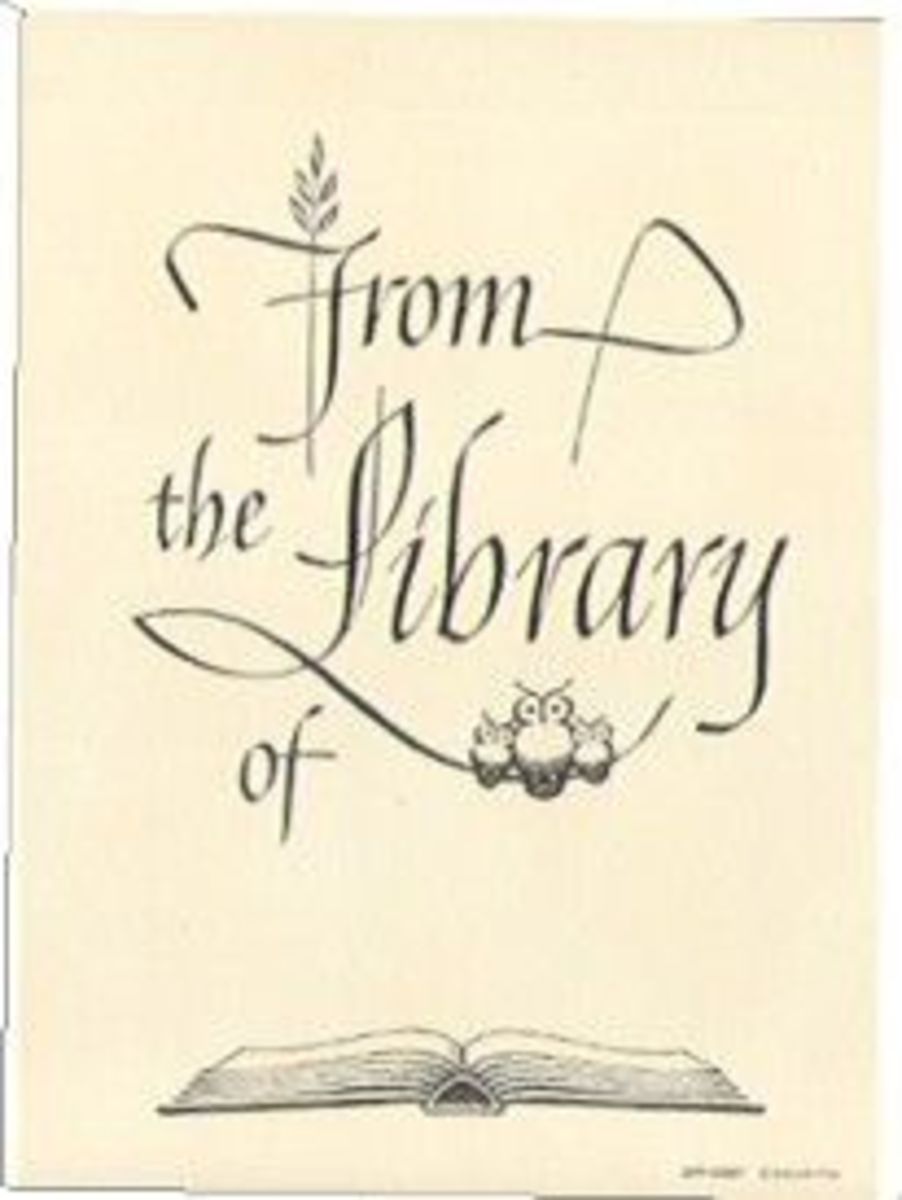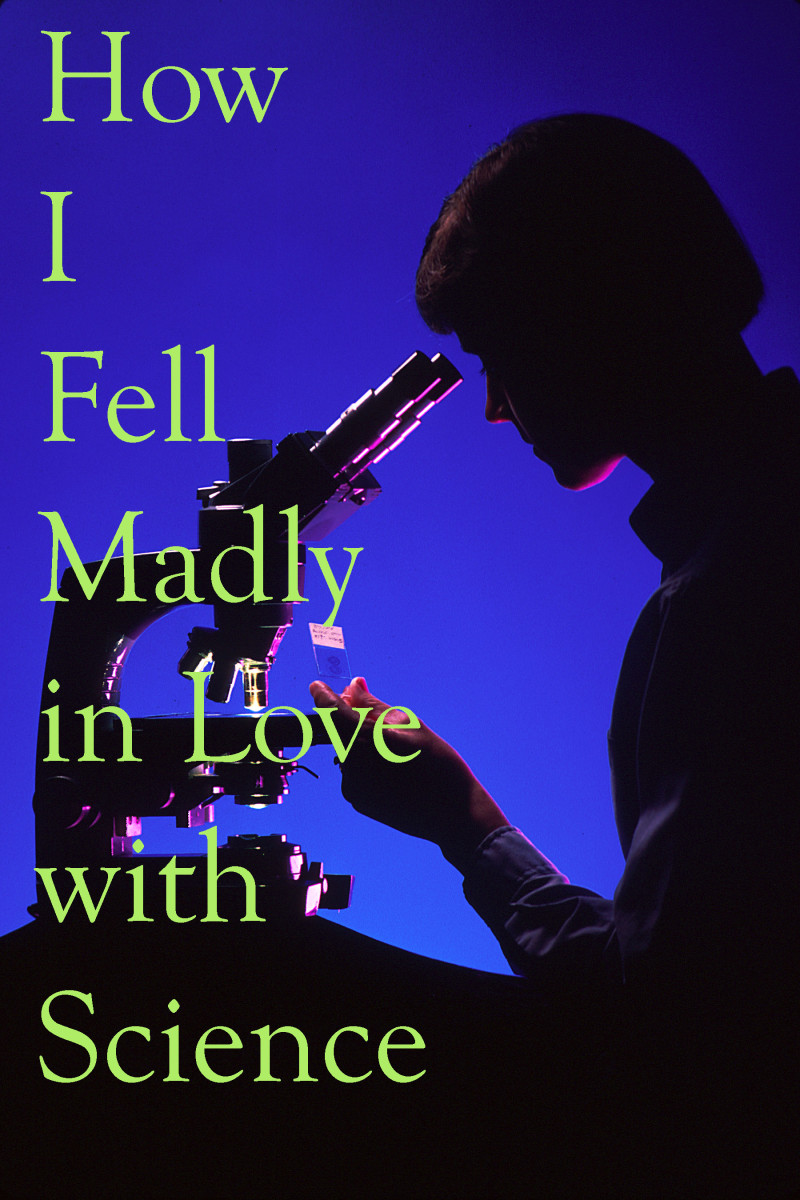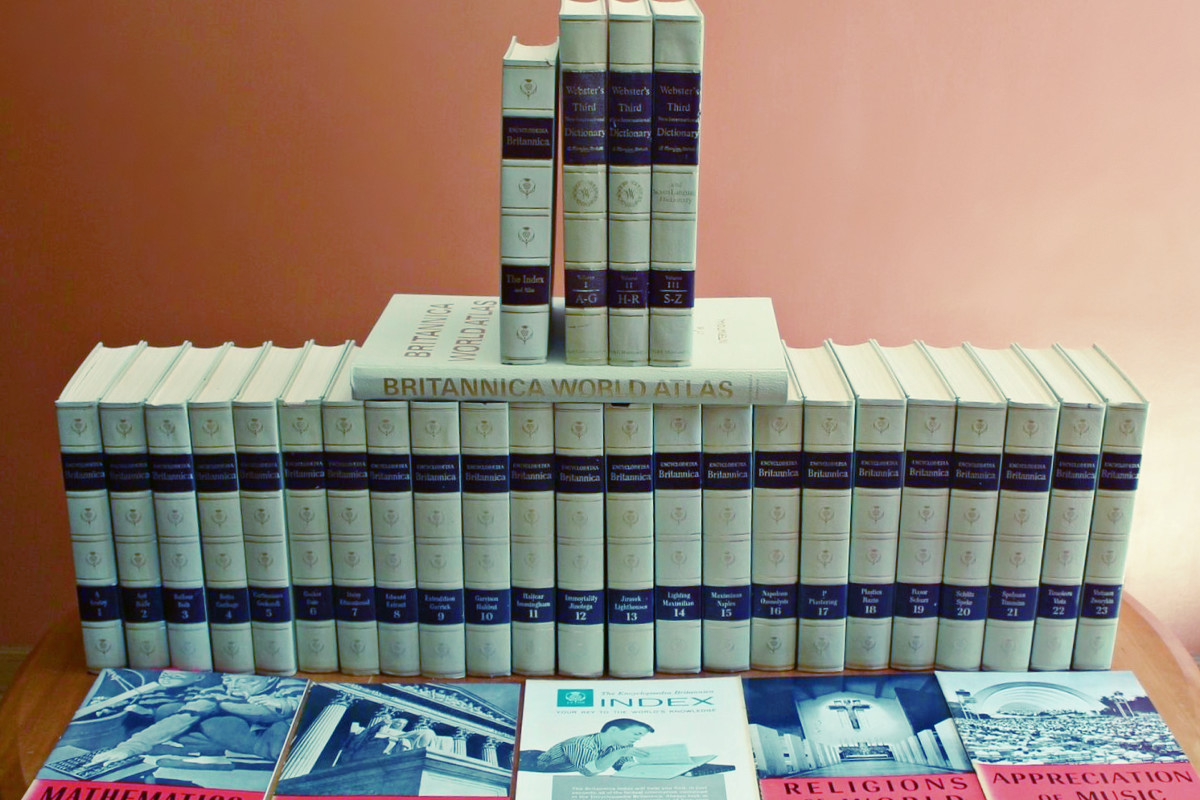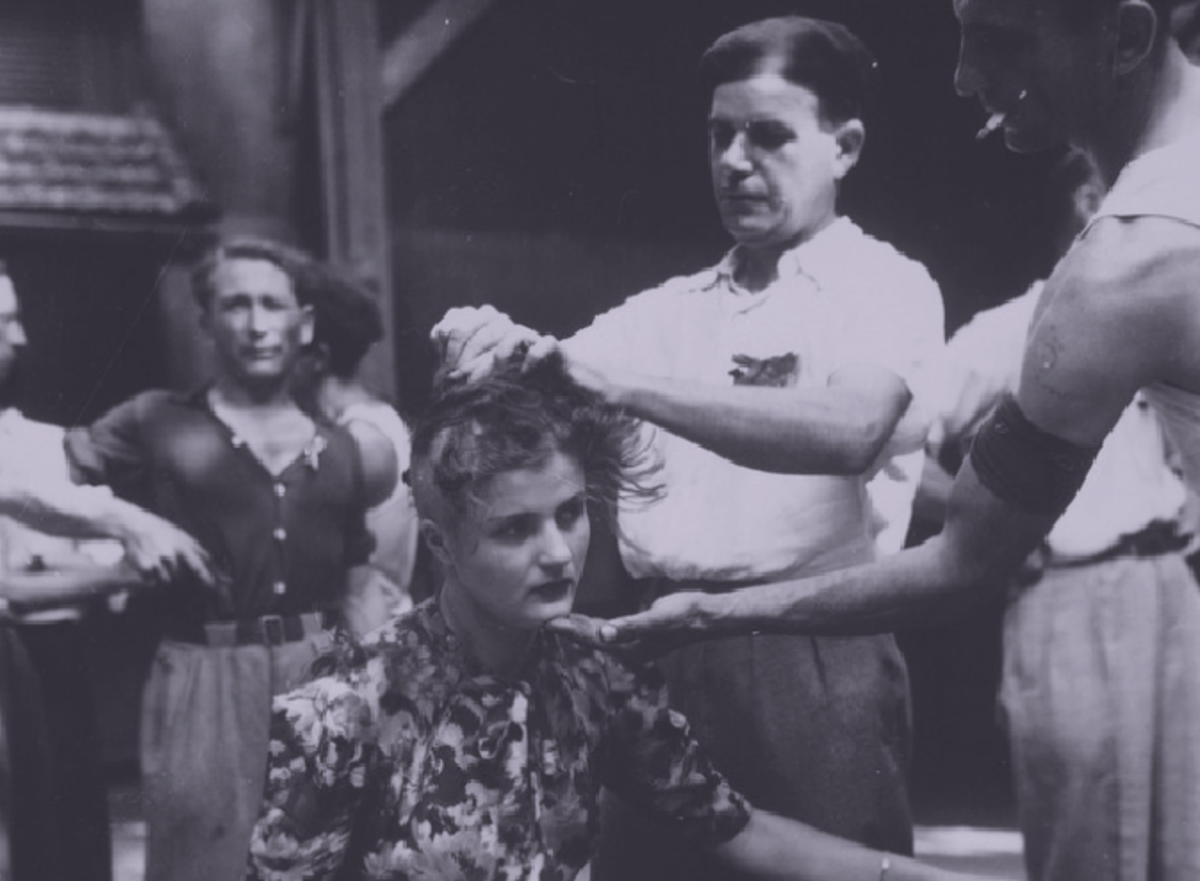- HubPages»
- Books, Literature, and Writing»
- Books & Novels»
- Nonfiction
Books by Design: Reference Books You'll Actually Use
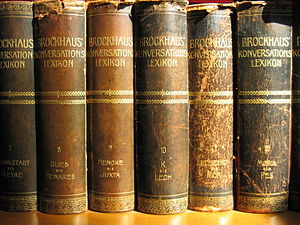
You Can't Google Everything
And you know what? I take great pleasure in both knowing that and experiencing it almost daily in my writing. Sure, the Encyclopedia Brittanica, that trusty staple, is no longer updated in a print version and dictionary.com has long ago been joined by his sister-site thesaurus.com. And sure, most disagreements can now be settled with a quick visit to your favorite search engine.
But wait! Friends! Don't throw out the reference section of your personal libraries just yet. Please. If you must prune, go ahead and donate your dictionary to a school - but before you do anything too rash, check out the following reference treasures. And then I'll challenge you to deny that bibliophiles will prevail!
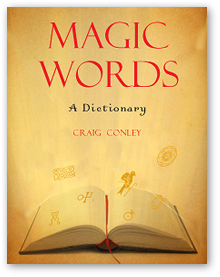
Alternative Dictionaries
I suppose that if you've read any of the other installments in the 'Books by Design' series you're well aware that I'm a big ol' fan of Alberto Manguel. But you may not think I'd be able to sneak him into an article about reference books. He's a novelist, no? HAH. I WIN. And, incidentally, you also win - because his book The Dictionary of Imaginary Places is something no person with a reasonably intact imagination should be without. And if you are, by golly, fix that travesty of an oversight rightthisveryminute. A handy link can be found in the Amazon box floating somewhere nearby, and it'll be at your door in no time. And then you can stomp on it a bit, break the spine maybe, and then tell all your friends that no, you've always had it and aren't they silly to think otherwise.
The Book of Symbols, compiled by the Archive for Research in Archetypal Symbolism, combines readability and comprehensive research with some really seriously excellent pictures. Each symbol, or collection of related symbols, is treated in a separate essay that covers all the basics (etymology, psychic background, cultural context) and adds the combined expertise of authors hailing from the diverse fields of psychology, religion, art, literature and comparative myth.
Craig Conley, bless him, has given us plenty of literary treats - but his Magic Words: A Dictionary is one of the excellentest. The entries are essay-style, so they're fun to read (like I would ever recommend anything that wasn't), and feature words and symbols from around the world - each with its own etymology, as well as mythical, historical, and cultural background. Illustrations of symbols and icons are included where applicable. Bippity boppity boo.
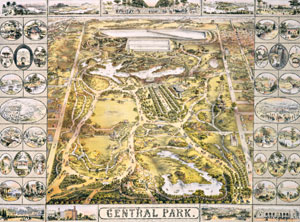
Alternative Encyclopedias
Carl Jung's The Red Book is a little hard to categorize, but I'm going with 'Encyclopedia' because a.) it's huge and expensive, b.) it's 'illuminated' in the classic biblio sense of the word, and c.) it deals primarily with the development of his theories of psychoanalysis and not so much with defining this or that. It's a work of art in it's own right, and it's certainly safe to say that no computerized version will ever supplant the flesh-and-inky version to which we've so recently been given access. And, um, if anyone wants to be my best friend forever, my birthday is coming up this summer and I would let you look at it whenever you wanted to. Scout's honor.
Puzzling Portmeirion: An Unconventional Guide to a Curious Destination, by one Mr. Craig Conley (author of Magic Words, featured above), is a remarkably creative and inspiring new approach to travel guides. Can't stand all the bloggers trying to market themselves as "travel writers" of the same freaking places, over and over and over? Or perhaps you're one of this sorry pack and are looking to break free of the rut? This book will set you down right on the path to revolution! YEE FREAKING HAW.
Hungry for more? How about The Encyclopedia of New York City (new revised second edition edited by Goode Sir Kenneth T. Jackson), which houses about 5,000 entries on subjects ranging from the Ku Klux Klan's activities in the city to a history of the city's graffiti - all of which are supplemented by gorgeous maps, photographs, and illustrations.

Nevertheless, A Well-Deserved Nod to Interweb Collections
Now I don't want anyone to accuse me of willfully ignoring the admittedly vast resource that is the internet. Because friends, I know: we pay for the extra special fast connection (although in Istanbul you really need to be a university to have anything resembling high-speed internet. I blame my 14 million neighbors).
So in the steampunk spirit, here are some of my favorite collections made available and indeed possible through the modern convenience of interwebs:
- The Visual Thesaurus: This thing is gorgeous, fascinating, and sadly not free. Although technically you need to subscribe, there is a 14-day free trial - and maybe you already have access through a local library or university.
- The Stanford Encyclopedia of Philosophy: The absolute shit. Filled with detailed and understandable explanations of everything from major philosophical concepts and schools of thought to obscure ideas and ongoing debates, this particular resource even has biographical (and intellectual biographical) information on pretty much any philosopher you would care to name.
- Fact Monster: For the Carmen Sandiego enthusiasts out there, or for parents with imperfect recollection of their K-12 education, this site offers atlases, a dictionary, almanac, and encyclopedia, and lots of fun games and quizzes: all the resources necessary to find that sneaky thief or to help you do your kid's homework for him.
- Freeality: Crappy name aside, this site offers comprehensive access to most of the best online reference resources - including, incidentally, Fact Monster. But it's not as pretty.
- Encyclopedia Mythica: An award-winning (!) encyclopedia of mythology, folklore, and religion, geographically organized. It also, happily, includes a bestiary, a catalog of heroes, an image gallery, and handy genealogical tables of the major pantheons - you know, to help you keep track of all the godly inbreeding.
And then there are some cool specialty encyclopedias, such as the Te Ara Encyclopedia of New Zealand, which takes a VERY broad approach (history, environment, culture, economy, multiplicity of peoples, etc.) and the Encyclopedia of Mathematics, an open-access delight filled with up-to-date articles and research for the mathematically curious.
And there is one other thing that the internet does better than anyone who is not Mr. Borges. And that thing is the comprehensive, imaginative, and extraordinarily complex encyclopedias of completely made-up things that are Lexicon games. Click here to see a completed game, and consider joining or starting one of your own.
I daresay that covers the requisite bases and more, so unless you've got a resource you care to share in the comments: off you go now. Happy happy, O Explorer of All Things.


